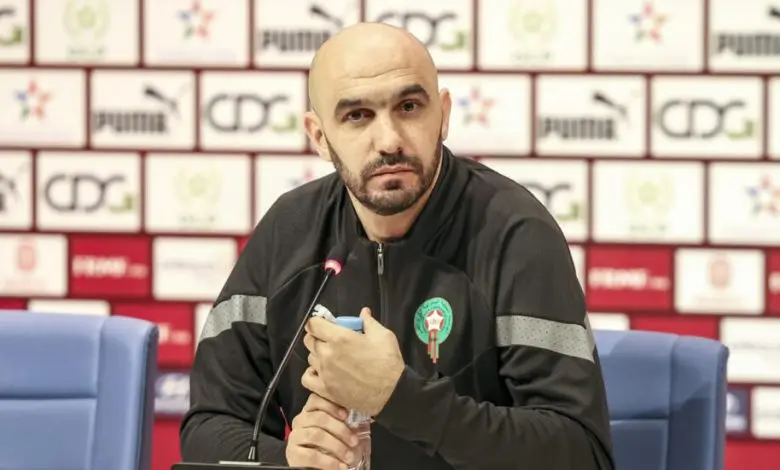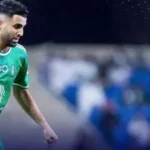Waleed Al-Rakraki, the coach of the Moroccan national team, took full responsibility for the Atlas Lions’ failure to achieve their intended goal of clinching the AFCON title.
During an interview on Al-Riyadiya channel, Al-Rakraki expressed, “First and foremost, I ask for forgiveness from the Moroccan people.
We have failed, and I do not absolve myself of my responsibility.”
Reflecting on the circumstances surrounding the AFCON, Al-Rakraki emphasized that he had been provided with optimal conditions by the Moroccan Football Federation to prepare for the tournament.
From the training camp in Morocco to the team’s residence in Cote d’Ivoire, he acknowledged that there were no excuses to hide behind, reiterating his accountability.
Regarding the contentious decision to field Hakim Ziyech against Zambia and his altercation with Mwepu, Al-Rakraki clarified, “Ziyech had limited playing time with Galatasaray and joined us late.
I insisted on his inclusion, and if he wasn’t injured against Zambia, he might have been injured during training.
This is not an excuse for elimination.”
Addressing his altercation with Mwepu, he stated, “I have learned a lesson that I will never forget in my life, which is not to engage in confrontations with opposing players in the future.
Matters deviated from reality, and fabricated incidents exacerbated tensions.”
Regarding Achraf Hakimi’s missed penalty against South Africa, Al-Rakraki defended his decision to allow Hakimi to take the penalty, praising his courage and leadership qualities.
Despite the unfortunate miss, he highlighted Hakimi’s previous successful Panenka-style penalty against Spain in the Qatar World Cup.
While admitting to shortcomings, Al-Rakraki defended his team’s overall performance, stating, “We did not perform poorly enough to depict the situation dramatically.
We dominated the match against South Africa, controlled possession, but conceded from a few counterattacks.”
Describing the AFCON as peculiar, Al-Rakraki pointed out the unexpected victory of a seemingly defunct team, Cote d’Ivoire.
He affirmed that a thorough evaluation of the tournament’s outcomes would be undertaken to derive lessons and rectify mistakes for the future.
In evaluating the players, Al-Rakraki concluded, “I will not single out individuals for underperformance, but it happened, and I am responsible for selecting the players who participated in the tournament.”











